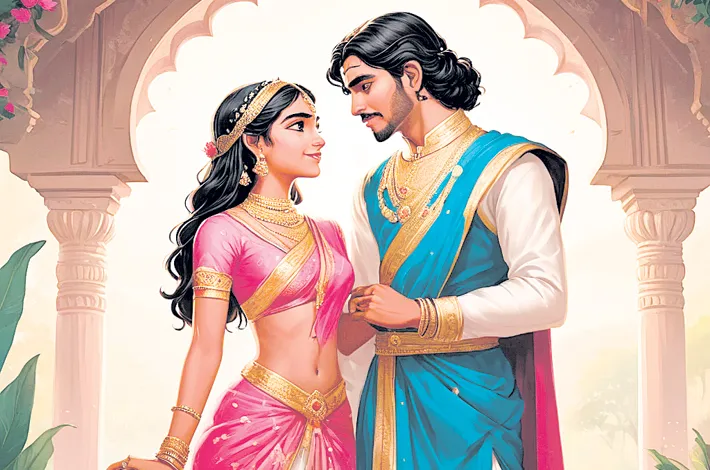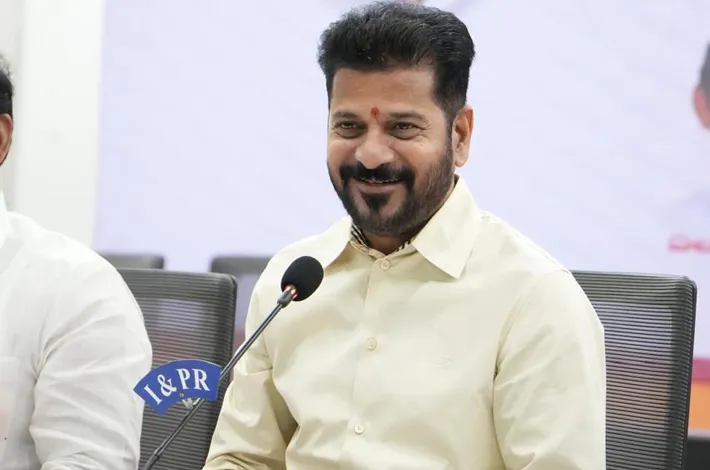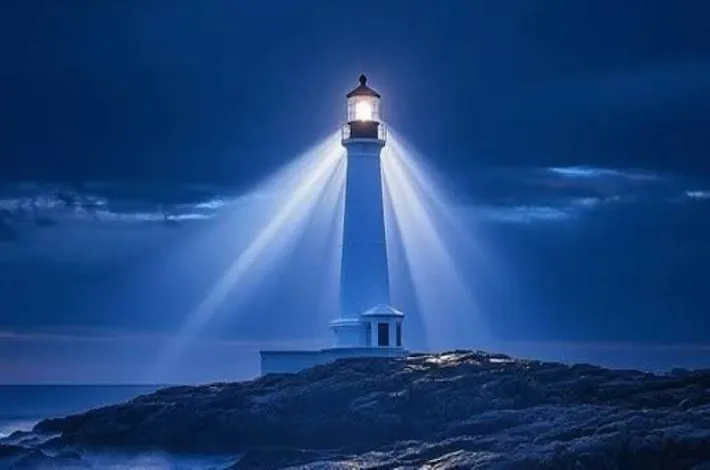The Lotus of the Vale
15-05-2025 12:00:00 AM

Kavi, emboldened by her warmth, spoke of his love for Kashmir, for beauty that could not be owned but only cherished. Their meetings became stolen moments—beneath the chinar trees, by the moonlit lake, where words flowed like the Jhelum itself
In the heart of Kashmir, where the Jhelum River sang its eternal song through emerald valleys, the palace of King Harsha stood like a jewel against the snow-crowned mountains. It was an era of splendor and strife, the 11th century, when Kashmir’s kings wove tapestries of glory and betrayal. Amid this grandeur, a young poet named Kavi lived in the shadows of the court, his verses known only to the winds and the lotuses that bloomed in the palace gardens.
Kavi was no nobleman. Born to a family of scribes, his world was ink and parchment, his heart tethered to the beauty of words. Yet, his eyes were captive to someone far beyond his reach—Princess Chandralekha, the king’s youngest daughter, whose beauty was said to rival the moon reflected in Dal Lake. Her laughter was a melody that drifted through the marble corridors, and her kindness was whispered about even among the servants. But Chandralekha was betrothed to a prince from a neighboring kingdom, a union meant to secure peace in a land torn by ambition.
One twilight, as the palace prepared for a grand festival, Kavi was summoned to present a poem for the king. Trembling, he stood before the court, his voice weaving a tale of Kashmir’s mountains embracing the sky. The hall fell silent, enraptured, but it was Chandralekha’s gaze that held him. Her eyes, dark as the night, sparkled with something unspoken, and when the poem ended, she clapped softly, her smile a secret shared only with him.
Days turned to weeks, and fate, ever the mischievous weaver, brought them together again. In the royal garden, where lotuses floated like dreams on the water, Kavi found Chandralekha sketching the blooms. Her hand faltered as she noticed him, and a blush painted her cheeks. “Your words,” she said, her voice soft as the petals, “they make the mountains breathe. Why do you hide them?”
Kavi, emboldened by her warmth, spoke of his love for Kashmir, for beauty that could not be owned but only cherished. Their meetings became stolen moments—beneath the chinar trees, by the moonlit lake, where words flowed like the Jhelum itself. Chandralekha shared her fears of a loveless marriage, her heart yearning for a life where she could choose her own path. Kavi, though poor in wealth, offered her the riches of his soul, his poetry a mirror to her unspoken dreams.
Their love grew like a lotus in secret, fragile yet fierce. But the palace was a nest of whispers, and soon, the king’s spies caught wind of their meetings. Harsha, a ruler both wise and ruthless, summoned Kavi. “You dare love where princes vie?” he thundered. “Your words may charm, but they cannot change your station.”
Kavi stood tall, his voice steady. “My love for her is not a claim, but a truth. If my words have won her heart, let them be my only crown.”
Chandralekha, hearing of her father’s wrath, pleaded for Kavi’s life. “He has given me what no kingdom can—a heart that sees mine,” she said. Harsha, torn between duty and his daughter’s tears, devised a trial. “Write a poem,” he commanded Kavi, “that proves your love is worthy of a princess. If it moves the court, you shall have her. If it fails, you leave Kashmir forever.”
The night of the trial arrived, the court ablaze with torches. Nobles and warriors gathered, their eyes skeptical, their whispers sharp. Chandralekha sat beside her father, her hands clasped, her heart a storm of hope and fear. Kavi stepped forward, his voice rising like a prayer:
“In Kashmir’s vale, where lotuses bloom,
A heart found light in a princess’s room.
Her eyes, the stars that guide my way,
Her voice, the dawn that breaks the day.
Though thrones may part what love has sown,
My soul is hers, though I stand alone.”
The court was silent, then erupted in murmurs of awe. Even Harsha’s stern face softened, for Kavi’s words had woven a spell, not of ambition, but of purity. Chandralekha’s eyes shone with tears, and the king, moved by the poet’s truth, relented. “Let love prevail where swords have failed,” he declared. “But know this, poet—her happiness is your charge.”
The betrothal to the foreign prince was dissolved, a decision that rippled through the kingdoms but brought peace to Kashmir’s heart. Kavi and Chandralekha were wed beneath the chinar trees, their vows carried by the wind to the mountains. Their love, born in secret, became a legend, a tale sung by poets long after Harsha’s reign faded into the Rajatarangini’s pages.
In the years that followed, Kavi’s verses adorned Kashmir’s courts, and Chandralekha, no longer a caged bird, painted lotuses that told their story. Their love, like the Jhelum, flowed eternal, a reminder that even in a land of kings, the heart writes its own history.








